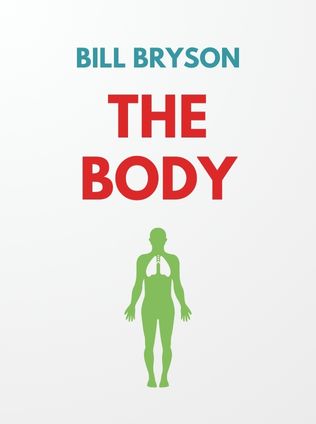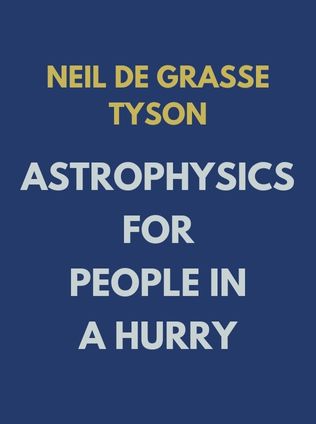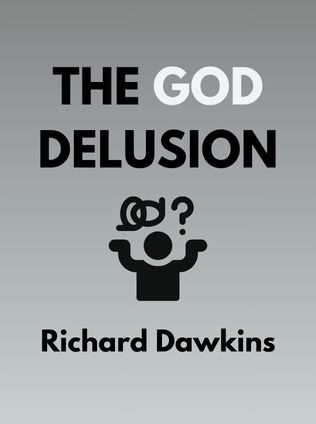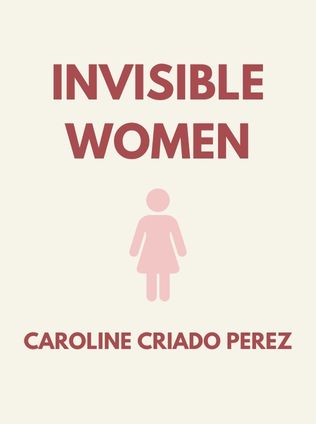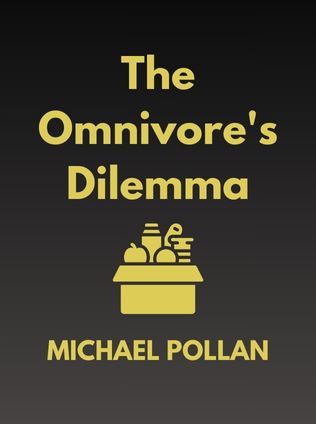
How the World Really Works
A Scientist's Guide to Our Past, Present and Future
By Vaclav Smil
Published 05/2022
About the Author
Vaclav Smil, a distinguished natural scientist and professor emeritus at the University of Manitoba, has devoted his career to studying the fundamental processes that sustain human civilization. Born in 1943 in what is now the Czech Republic, Smil has written extensively on energy, environmental issues, food production, and public policy, with more than 40 books to his name. His works are characterized by a rigorous, data-driven approach, often challenging prevailing narratives with a blend of skepticism and pragmatism.
Smil's unique perspective stems from his interdisciplinary approach, combining insights from science, engineering, history, and economics. His books, such as "Energy and Civilization" and "Energy Myths and Realities," have garnered attention for their meticulous research and for questioning both overly optimistic and pessimistic views on energy and environmental issues. Smil's work has influenced a wide range of readers, including policy-makers, academics, and public intellectuals, who appreciate his commitment to truth over ideology. Bill Gates, a notable admirer, has called Smil one of his favorite authors, citing his ability to distill complex ideas into accessible narratives.
Main Idea
In "How the World Really Works," Smil provides a comprehensive analysis of the foundational elements that underpin modern civilization—energy, food production, material manufacturing, and the environment. He argues that our current way of life is deeply intertwined with fossil fuels, which are indispensable in virtually every aspect of modern society. Smil emphasizes that any meaningful discussion about reducing our reliance on fossil fuels and addressing climate change must begin with a realistic understanding of how these systems operate.
Smil's central thesis is that while the urgency to combat climate change is clear, the solutions are neither simple nor quick. He critiques both the extreme pessimists, who foresee imminent disaster, and the extreme optimists, who believe in rapid technological fixes. Instead, Smil advocates for a gradual, pragmatic transition away from fossil fuels, one that acknowledges the immense challenges involved and the need for a shared, baseline understanding of the world’s workings.
Table of Contents
- Introduction: Understanding Our World
- Chapter 1: The Energy That Powers Us
- Chapter 2: Feeding Billions
- Chapter 3: Building Our Material World
- Chapter 4: The Environmental Impact
- Chapter 5: Facing the Future
- Conclusion: A Realistic Path Forward
Introduction: Understanding Our World
In the opening of "How the World Really Works," Smil sets the stage by addressing the widespread lack of understanding about the processes that sustain modern life. He argues that urbanization, automation, and the shift towards knowledge-based economies have distanced people from the physical realities of energy production, food creation, and material manufacturing. This disconnect has led to a situation where many people, particularly in developed countries, are unaware of the true costs and complexities involved in maintaining their standard of living.
Smil identifies three main reasons for this gap in understanding:
- Urbanization: The majority of the world’s population now lives in cities, far removed from the rural environments where food is grown and energy is produced. This urban lifestyle makes it easy to overlook the processes that supply our daily needs.
- Automation: With the advent of modern technology, fewer people are directly involved in the production of food, energy, and materials. As a result, these processes are largely invisible to the average person.
- Glorification of Data: In the digital age, knowledge work and data-driven industries are often valued over physical production, leading to a diminished appreciation for the tangible goods that support our lives.
Smil’s goal is to bridge this gap by providing readers with a clear, factual understanding of the critical systems that underpin our civilization. He believes that without this understanding, any attempt to address global challenges like climate change will be fundamentally flawed.
Chapter 1: The Energy That Powers Us
Energy is the cornerstone of modern civilization, yet it is often taken for granted. In this chapter, Smil delves into the history and current state of energy use, emphasizing the central role of fossil fuels in powering the world. He argues that understanding the complexities of energy production and consumption is essential for anyone who wants to engage meaningfully in discussions about sustainability and climate change.
The Evolution of Energy Use
Smil traces the evolution of energy use from the earliest days of human civilization, when fire and animal labor were the primary energy sources, to the modern era, dominated by fossil fuels. He notes that for most of human history, energy consumption was limited by the availability of labor and the efficiency of tools. The industrial revolution marked a turning point, as the development of steam engines and the discovery of coal allowed for a dramatic increase in energy use.
By the 20th century, oil and natural gas had joined coal as the dominant energy sources, driving the rapid expansion of industrial economies. Smil points out that this shift had profound implications for every aspect of society, from transportation to agriculture to manufacturing. "The modern history of energy use is a story of increasing reliance on fossil fuels," Smil writes, "and the consequences of that reliance are now coming to the fore."
The Advantages and Disadvantages of Fossil Fuels
Fossil fuels, particularly oil and natural gas, have several advantages that have made them the energy sources of choice for much of the world. They are dense forms of energy, meaning they pack a lot of energy into a small volume, and they are relatively easy to transport and store. This makes them ideal for powering vehicles, heating homes, and running industrial processes.
However, the environmental costs of fossil fuels are significant. Burning fossil fuels releases large amounts of carbon dioxide and other greenhouse gases, contributing to climate change. Smil emphasizes that while renewable energy sources like wind and solar are growing rapidly, they currently lack the energy density and reliability needed to fully replace fossil fuels in many applications.
Sign up for FREE and get access to 1,400+ books summaries.
You May Also Like
Rich Dad Poor Dad
What the Rich Teach Their Kids About Money - That the Poor and Middle Class Do Not!
By Robert T. KiyosakiFreakonomics
A Rogue Economist Explores the Hidden Side of Everything
By Steven D. Levitt and Stephen J. DubnerFactfulness
Ten Reasons We're Wrong About the World – and Why Things Are Better Than You Think
By Hans Rosling











